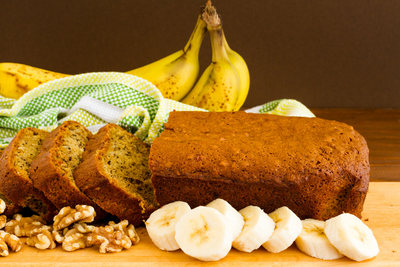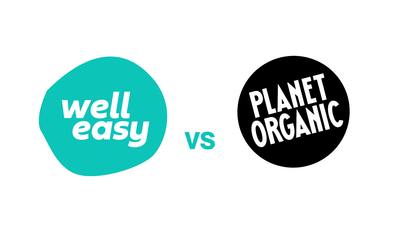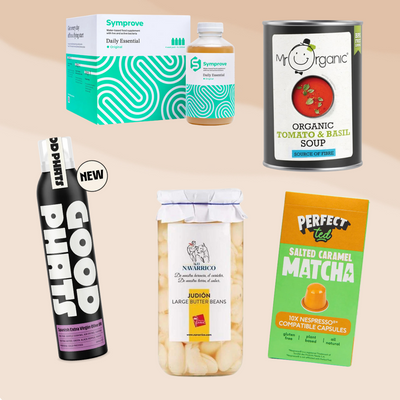Let's Go For A Brighter Blue Monday
Let's Go For A Brighter Blue Monday
Let's Go For A Brighter Blue Monday

Blue Monday is not just one day for many of us. Mental health conditions are not just a one day event or feeling. 1/4 people will experience some form of mental health condition across their lifespan with depression affecting up to 1/5 people. Meaning that 'blue Monday' can be felt everyday for a lot of people.
Today we want to join forces with others and shed a bit more light on how mental health conditions take no preference with just one day or time. There is no credible, scientific evidence to suggest that one annual day can be any more or any less depressing as the next. Therefore, we are using Blue Monday as an opportunity to encouraging people to be open to their feelings and creating a brighter feeling from within. Whilst raising ongoing awareness for people suffering with mental health conditions.
The good news is that there are many ways to help support mental health, most of which originate around supporting a healthy lifestyle.
Below are our 3 top tips to making this Monday, or any day that follows a little bit brighter:
- Talk about your feelings
For many of us, opening up can seem like a difficult thing to do. You don’t want to admit to yourself that there’s something wrong, or bother a friend with what’s troubling you. The reality is however, talking does not make you weak or any less important. It’s one of the most powerful things we can do to support a strong level of mental wellbeing.
You may have heard of the good old phrase ‘a problem shared is a problem halved.’ In fact, I’m sure any of you mothers reading this have probably said this to your children on many occasions. But this statement exists for a reason.
Talking about how we’re feeling or the problems we’re facing allows us to accept that they exist. It allows us to say to ourselves ‘this isn’t right, and I’m aware of it.’ And you know what so often follows after that – a realisation or an idea of how we might begin to help ourselves a little more. It can take enormous amounts of pressure of ourselves to know that whatever it is we ourselves are going through, someone else has also been there and felt that same. They’ve also managed to take steps towards helping themselves just as we can too.
- Eat a well balanced diet
The role of diet and nutrition on mental health is very complex and scientists are still trying to understand this in its entirety. However current research that links between the two is increasing at an ever growing speed. Evidence is beginning to grow that what we eat can directly contribute to the management, prevention and causation of mental health conditions, including depression and anxiety.
One interesting area of study that’s growing faster than ever is how our diet effects our gut microbiome. The make up of the billions and billions of bacteria in our guts seem to have a very strong relationship to our brain’s neuroplasticity (ability to function and rewire), chronic inflammation and oxidative stress.
There’s still a long way to go before we can know for certain what foods can prevent and manage mental health conditions but there are some very strong positive changed we can make to improve our eating to support our mental wellbeing:
- Choose less refined sugars which are likely to cause fluctuations in our mood
- Include an adequate amount of protein in your diet
- Choose leafy greens and wholefoods as much as possible
- Opt for high quality meats over high quantity meats.
- Include omega-3 rich foods, like oily fish, in your diet
- Drink plenty of fluids, especially water
Good nutrition is only part of the toolkit when it comes to our mental wellbeing and it’s important that all concerns you have are addressed with a health care provider.
- Keep active
Physical activity has an enormous boost on our wellbeing. Even a short burst of 5-10 minutes of a brisk walk has been show to increase our energy levels, feelings of alertness and help us maintain a positive mental attitude – PMA the ‘cool kids’ are calling it these days.
Participating in regular physical activity can increase our self-esteem and can reduce stress and anxiety too. The same as good nutrition, exercise plays an enormous role in managing, preventing and improving mental health conditions like anxiety and depression as well. If lockdowns taught us anything, it was the importance of the small things. Taking the dog for a walk, doing some things in the garden, or commuting to work. The good news is, a lot of these things that we take for granted, may well be the small bit of activity you need to help you today.









